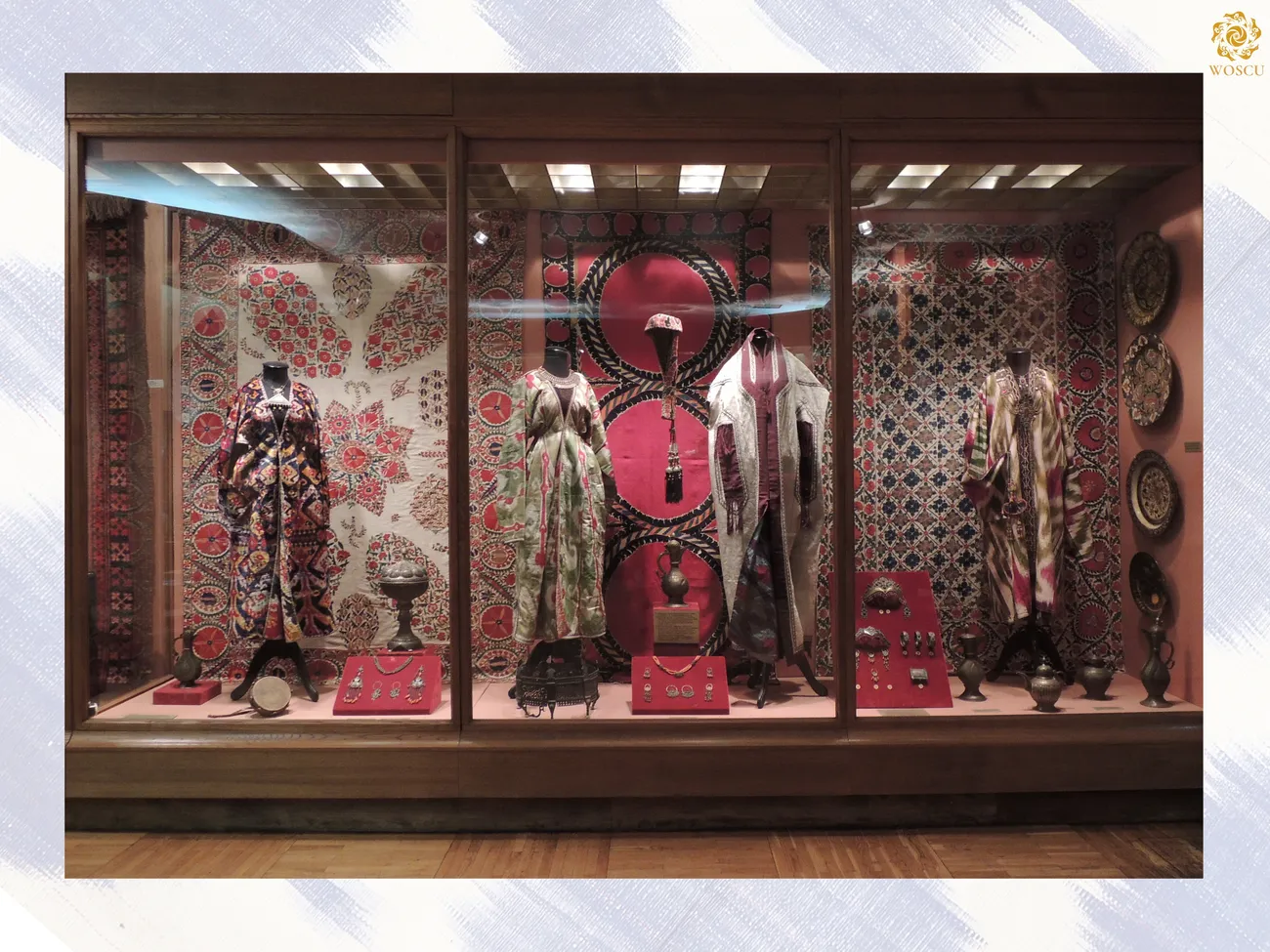The first items of decorative and applied art from Middle Asia entered the museum’s collection in 1919. Orientalist Boris Denike knew very well what great opportunities for research and replenishment of the museum’s collection could be found in this region. He first visited Middle Asia in August 1924, where he toured the ancient cultural centers of the region and saw some of the most valuable monuments of medieval architecture.
In 1926 – 1928, Denike arranged the first archaeological expedition in Uzbekistan to the site of Old Termez. The expedition worked in close cooperation with the Middle Asian Committee for the Preservation of Cultural Heritage and the Protection of the Monuments of Material Culture (SredAzKomStarIs). Notably, a permanent participant of the expedition was the well-known archeologist and Orientalist from Samarkand V. L. Vyatkin. For three autumn seasons, the expedition carried out an extensive archeological research of Old Termez.
Special mention should be made of the discovery of two sites – a Buddhist cave monastery of Karatepa (the 1st – 5th centuries), and the Palace of Termez rulers (the 9th – 12th centuries), which have since become the world-famous, due to the numerous disclosed artifacts. A portion of artifacts found during the expedition was donated to the first museum of local lore in Termez that opened its doors in those years.
You can learn more about this topic in the book-album "The Collection of the State Museum of Oriental Art" (Volume I) (Moscow, Russia) from the series "The Cultural Legacy of Uzbekistan".
The general sponsor of the project is the oilfield services company Eriell-Group.

